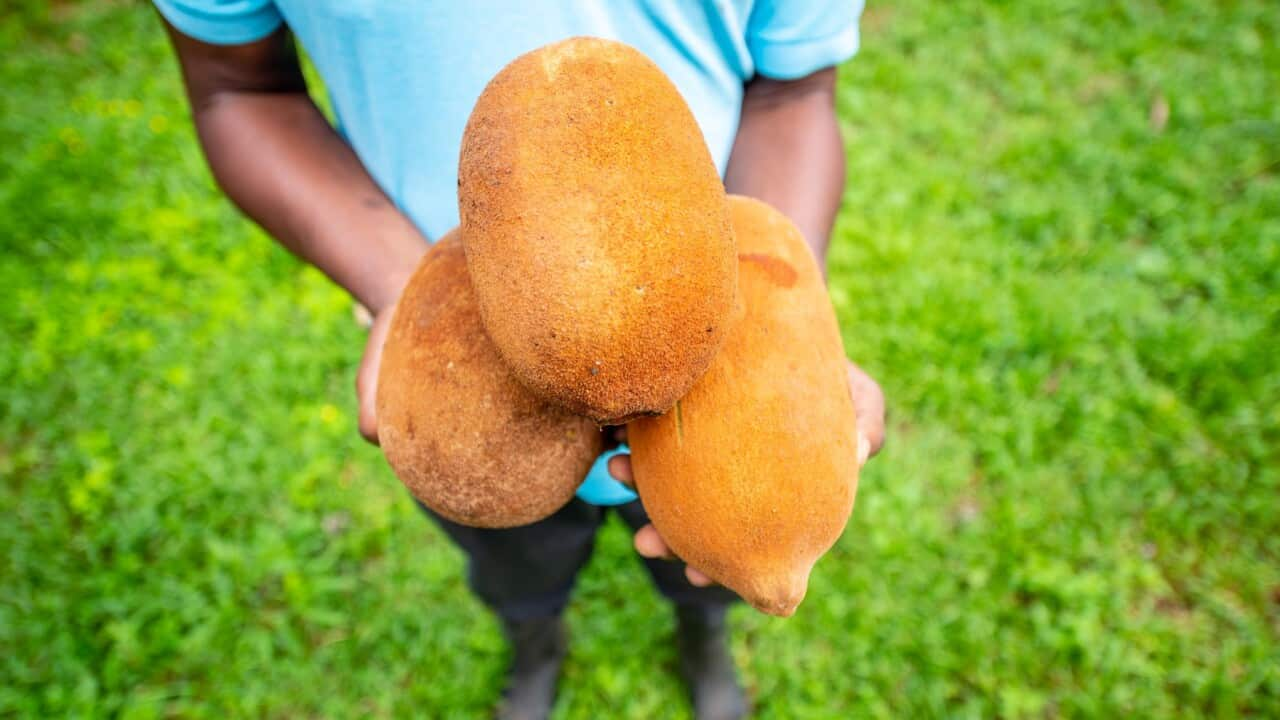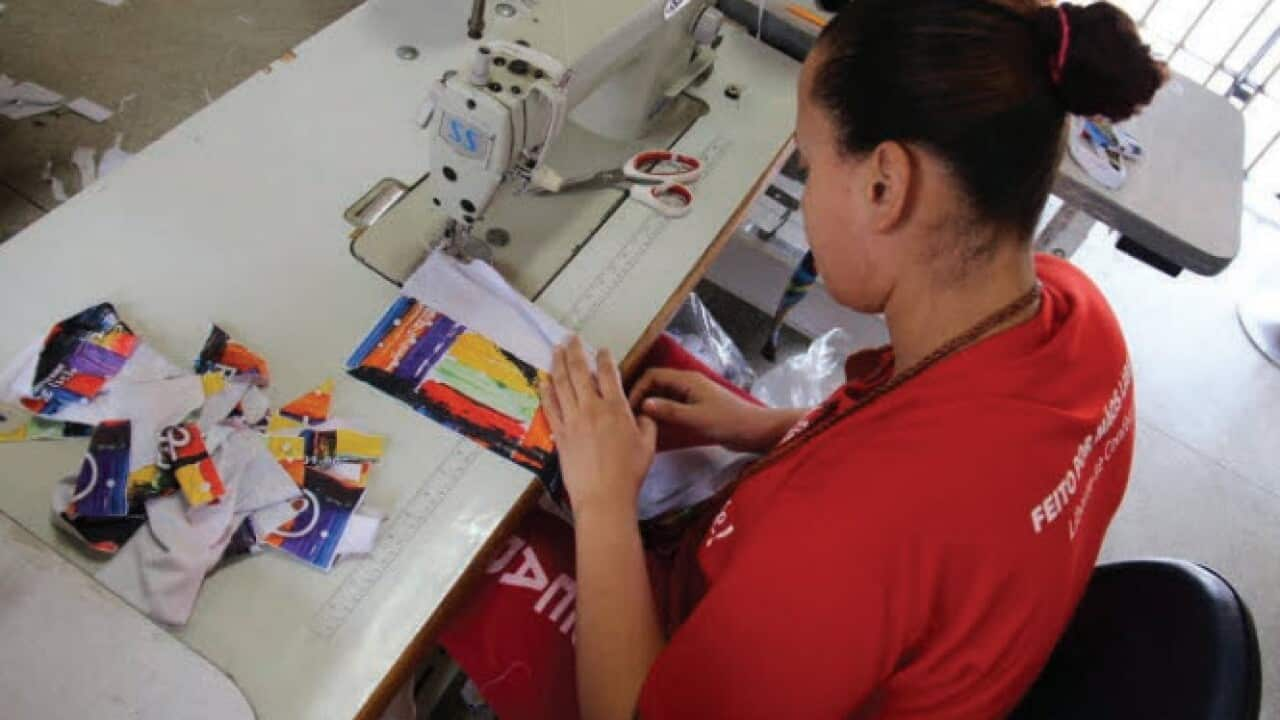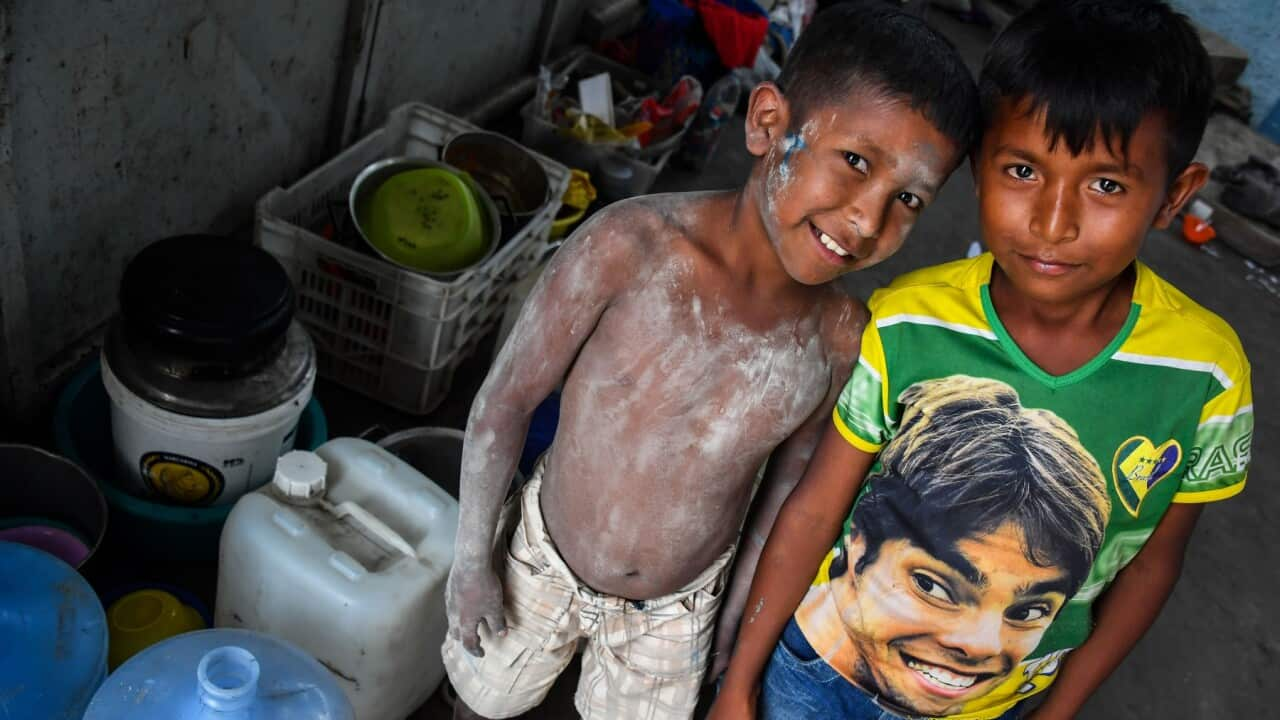The Covid-19 pandemic has made reentry and life after prison even harder.
Women released from prison face a number of barriers to stable housing, food, jobs, and healthcare.
Without these basic essentials recidivism, the return to a life behind bars, is a likely outcome.
A partnership between the Australian Government and the Igarapé Institute is trying to minimize the impact of the pandemic on the lives of women behind the prison walls and out of them.

Programa auxilia mulheres a trabalharem dentro da prisão. Viviane da Conceição trabalha na padaria de um presídio. Source: igarape.org.br/sociosdaliberdade
The “Partners of Liberty” campaign tries to change the perception of potential employers re the employability of women prisoners and those who left prison. Providing a better start for former prisoners and egresses is an essential tool to reduce violence.
The number of women prisoners in Brazil - between 2000 and 2019 - increased almost six times. According to the Igarapé Institute, today there are about 40,000 women imprisoned in Brazil, a country that has the third largest prison population in the world.
The female prison population, being numerically smaller, is often invisible and there are no gender-specific public policies. During a pandemic, for example, this is a critical issue
Although there are no national data on the number of women leaving the prison system, only in the first semester of 2017, Brazilian women's prisons recorded about 13,000 exits. The project aims to more accurately diagnose the extent to which these women can be supported by public services.
The project aims to more accurately diagnose the extent to which these women can be supported by public services.

Dandara Tinoco, gerente de comunicação e conteúdo do Instituto Igarapé. Source: Supplied
According to Dandara, the challenges for the lives of prisoners and egresses were compounded after the pandemic.
“With the arrival of Covid-19 pandemic, we had to start looking at much more basic issues, such as distributing food hampers for these women so that they had access to food. A situation that was already difficult, became even more complicated.
According to data from the Igarapé Institute, almost half of the female prison population in Brazil is between 18 and 29 years old and about 70% are black women.
It is also important to say that there are more women in prison than there are vacancies available. About a third of these women have not yet been convicted, the so-called 'provisional prisoners'. They are usually single mothers and the only ones responsible for their children.
Through the Igarape project inmates are being equipped with skills that will help them get employment in the manufacturing sector when they leave prison. According to the Australian Embassy in Brazil it is creating new possibilities for the future for not only those women, but also for the entire society. 'Give conditions for the social insertion of prisoners and egresses is an essential part to reduce violence. We congratulate the Igarape Institute."
The Direct Aid Program (DAP) is a grants program funded from Australia's aid budget. It has supported five humanitarian initiatives in Brazil in 2020: the , , , , and the
From the series 'Australia in Brazil'

Australia, the Amazon and the creation of a ‘chocolate factory of the future’







